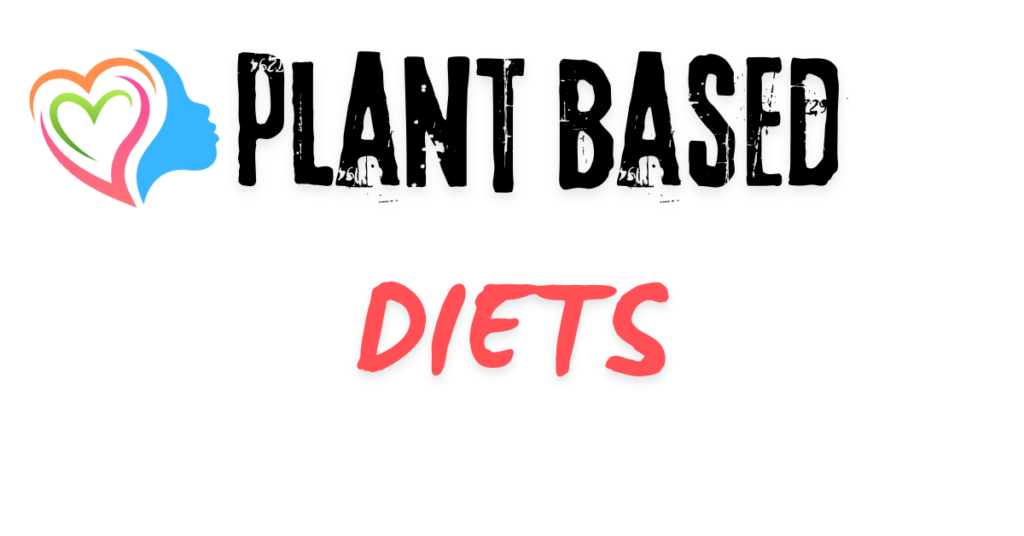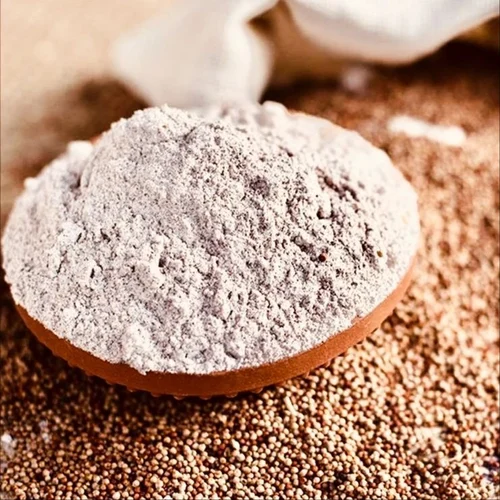
Here are 5 Plant-based food changes that are here to stay. From fitness enthusiasts and health nuts to the environmentally minded, many people are adopting plant-based diets for their purported health, environmental, and animal welfare benefits.
In this article, we will discuss the health benefits of eating a plant-based diet and share some tips on how to go plant-based in your day-to-day life.
What is a Plant-Based Diet?
A plant-based diet is mostly thought of as one that is composed of foods derived from green plants like fruit, vegetables, grain, legumes, nuts, and seed sources. Plant-based diets can be flexible and may still include occasional animal-based foods, unlike strict vegetarian or vegan diets which avoid all animal products.
If People Knew How People Defend Plant-Based Diets
- Improved Heart Health
Plant-based diets are high in fiber, antioxidants, and healthy fats that promote cardiovascular health. Studies have shown that people who eat plant-based foods have lower cholesterol levels and lower risks of heart disease.
- Better Weight Management
Because plant-based diets focus on whole, nutrient-dense foods, they are generally higher in volume yet low-calorie-dense. This ensures a good weight through mindful eating, without strict calorie counting.
- Lowered Risk of Chronic Diseases
A diet high in fruits, vegetables, and legumes has been associated with a lower risk of type 2 diabetes, hypertension, and specific types of cancer. For example, diets rich in plant foods are shown to help regulate blood sugar and promote gut health as a result of the fiber found within them.
- Boosted Immune System
The plant-based vitamins, minerals, and antioxidants boost the immune system, making us better able to fight infections and disease.
- Environmental Benefits
Plant-based diets aren’t just healthy for you, but also for the planet. They lower greenhouse gas emissions, conserve water, and reduce deforestation, which is what makes this diet a sustainable option for future generations.
How to Transition to a Plant-Based Diet
- Start Slow
A plant-focused diet doesn’t need to happen all at once. Start by adding one or two plant-based meals to your week and increase that once you feel comfortable.
- Try out Plant Proteins
Protein is a big issue for those transitioning to plant-based diets. Add protein-rich foods such as lentils, chickpeas, tofu, tempeh, and quinoa to your meals to have a balanced immune system.
- Plan Your Meals
Meal Planning: This is the best way to ensure variety and a good balance of foods and nutrients. Meal prepping prevents you from making poor decisions and leaves you with healthy foods on hand.
- Explore Global Cuisines
There are naturally plant-based dishes within many cuisines. Indian dals, Mediterranean falafels, Mexican bean-based dishes and Asian stir-fry are all good places to start if you want to ensure your meals remain interesting.
- Read Labels Carefully
In its processed form, some plant-based products can be high in sodium, sugar, or unhealthy fats. Choose whole, minimally processed food whenever possible.
- We are sticking to plant-based for the most part, but a little moderation really helps here.
Although meat substitutes such as plant burgers and meatless sausage are available to ease the transition, they tend to be packed with preservatives. If you do use them, use them sparingly and focus on whole foods.
- Don’t Forget Micronutrients
Some nutrients, such as vitamin B12, iron, and omega-3 fatty acids can be trickier to get in a plant-based diet. Talk to your doctor about fortified foods or supplements.

Obstacles and How to Get Past Them
1. Insufficient Time
Meal preparation can be intimidating due to hectic schedules. Make a lot of food and put it in the fridge to combat this. Energy-dense snacks like dried fruits and nuts can help you stay going if you spend your days working on a farm or running equipment like a tractor.
2. Social Circumstances
It could be difficult to eat out or go to activities. Ask to bring a dish to events or look for plant-based options on menus.
3. Issues with Nutrition
All of the necessary nutrients can be obtained from a plant-based diet with careful preparation. Record your meals and, if necessary, seek advice from a dietitian.
Plant-Based Eating: What’s Next
With plant-based diets taking off, industries are responding to the growing consumer demand. From alternatives for proteins, plant-based meat products, and sustainable clothing practices to organic farming with AI-assisted green tractors, the movement is changing how the world approaches food systems.
Conclusion
Plant-based diets are not just a diet; they are part of a lifestyle that consists of health, sustainability, and compassion. Starting slow, planning meals, and aiming to eat whole, nutrient-dense foods can help you enjoy the advantages of a plant-based diet — all while making your planet a little healthier.
There is something for everyone, whether you are a fitness junkie, a farmer on a tractor, or a person looking for a healthier lifestyle that a plant-based diet provides. Just for today, take THAT step toward a healthier YOU that helps propel your lower carbon footprint lifestyle!!






1 thought on “The Rise of Plant-Based Diets: Health Benefits and Practical Tips”
Comments are closed.